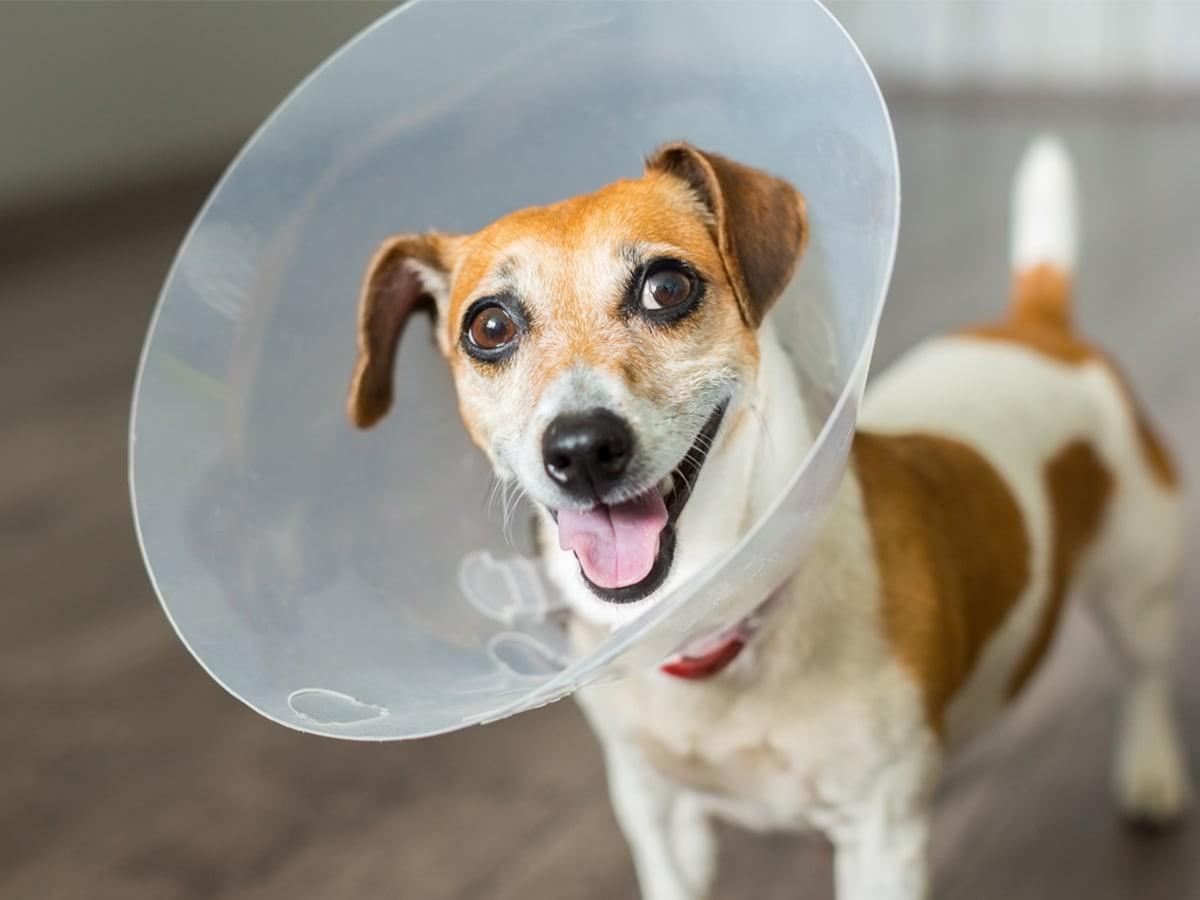Hernias in dogs, a common condition where internal organs push through a weak spot in the muscle wall, can range from minor to life-threatening. As a dog owner, it's crucial to be aware of the different types of hernias, their symptoms, treatment options, and the potential cost of surgery.
What is a Hernia in Dogs?
A hernia occurs when an organ or tissue protrudes through a weakened area in the surrounding muscle or connective tissue. In dogs, hernias are often found in the abdomen, groin, or diaphragm. While some hernias are present at birth, others can develop due to injury or strain.
Types of Hernias in Dogs
Several types of hernias can affect dogs:
Umbilical Hernias
Description: This common type of hernia is often seen in puppies and appears as a soft swelling near the belly button.
Prevalence: Umbilical hernias are the most common type of hernia in dogs, particularly in puppies.
Risk Factors: Genetics plays a significant role in umbilical hernias, with some breeds being more predisposed than others.
Potential Complications: In most cases, umbilical hernias are not life-threatening and may resolve on their own. However, larger hernias can pose a risk of intestinal entrapment, requiring surgical repair.
Inguinal Hernias
Description: Inguinal hernias occur in the groin area, where the hind leg joins the body.
Prevalence: Less common than umbilical hernias, they are more frequently seen in female dogs, especially during pregnancy.
Risk Factors: Obesity, trauma, and pregnancy increase the risk of inguinal hernias.
Potential Complications: These hernias can become large enough to trap organs like the bladder or intestines, requiring immediate surgical intervention.
Diaphragmatic Hernias
Description: A diaphragmatic hernia involves a tear or hole in the diaphragm, the muscle separating the chest and abdomen.
Prevalence: Diaphragmatic hernias are relatively rare but can be life-threatening.
Risk Factors: Trauma, such as being hit by a car, is the most common cause of diaphragmatic hernias.
Potential Complications: Organs from the abdomen can enter the chest cavity, compressing the lungs and heart, leading to difficulty breathing and potentially fatal consequences.
Perineal Hernias
Description: Perineal hernias occur near the anus due to weakening of the pelvic diaphragm muscles.
Prevalence: More common in older, unneutered male dogs.
Risk Factors: Breed predisposition, hormonal influences, and straining during defecation increase the risk.
Potential Complications: These hernias can cause discomfort and difficulty defecating. In severe cases, the bladder or intestines can become trapped.
Hiatal Hernias
Description: A hiatal hernia occurs when part of the stomach protrudes through the diaphragm into the chest cavity.
Prevalence: Less common than other types of hernias.
Risk Factors: Trauma and congenital abnormalities can contribute to hiatal hernias.
Potential Complications: Hiatal hernias can cause regurgitation, vomiting, and difficulty swallowing.
Hernia Symptoms in Dogs
The symptoms of a hernia in dogs can vary depending on the type and location. Common signs include:
A visible lump or swelling under the skin
Pain or discomfort
Vomiting
Loss of appetite
Lethargy
Difficulty breathing (in diaphragmatic hernias)
Difficulty urinating or defecating (in inguinal or perineal hernias)
If you notice any of these symptoms in your dog, it's crucial to seek veterinary attention promptly.
Hernia Treatment for Dogs
The most common treatment for hernias in dogs is surgical repair. The procedure involves returning the herniated tissue to its proper location and closing the hole in the muscle wall. In some cases, such as small umbilical hernias in puppies, the hernia may resolve on its own without surgical intervention.
Dog Hernia Surgery Cost
The cost of dog hernia surgery can vary widely depending on several factors, including:
Type of Hernia: Complex hernias, such as diaphragmatic hernias, typically require more extensive surgery and therefore are more expensive.
Size of the Hernia: Larger hernias often necessitate more complex repairs, leading to higher costs.
Dog's Age and Health: Older dogs or those with underlying health conditions may require additional testing or care, increasing the overall cost.
Veterinarian's Fees: Veterinary fees can vary depending on location, experience, and the specific clinic.
On average, dog hernia surgery can range from $400 to $8,000. It's essential to get a detailed estimate from your veterinarian before proceeding with surgery.
Expert Insights From Spot
Hernias are a common health concern in dogs, with 1,197 claims submitted to Spot for various types of hernias. The average treatment cost for hernia-related conditions is $1,847. These cases typically occur in young dogs, with the average age of affected pets being 2.3 years old, highlighting the importance of early detection and intervention.
FAQ: Common Questions About Hernias in Dogs
Can a dog survive with a hernia?
Yes, dogs can survive with a hernia, especially if it's small and does not cause any immediate problems. However, some hernias can be life-threatening if left untreated, so it's important to seek veterinary attention for diagnosis and treatment recommendations.
Do hernias in dogs need to be removed?
Not all hernias require surgical removal. Small umbilical hernias in puppies may resolve on their own. However, most other types of hernias will need to be surgically repaired to prevent complications and ensure the dog's well-being.
How much does it cost to fix a hernia in a dog?
The cost of dog hernia surgery varies depending on the type of hernia, its size and complexity, the dog's age and health, and the veterinarian's fees. Generally, the cost can range from $400 to $8,000, with an average of about $1,800.
Key Takeaways
Hernias in dogs is a common but potentially serious condition. Early detection and prompt veterinary care are crucial for the best possible outcome. If you notice any signs of a hernia in your dog, don't hesitate to consult your veterinarian for diagnosis and treatment options. With proper care and attention, most dogs can recover fully from hernia surgery and continue to live happy, healthy lives.
ASPCA
Wagwalking
